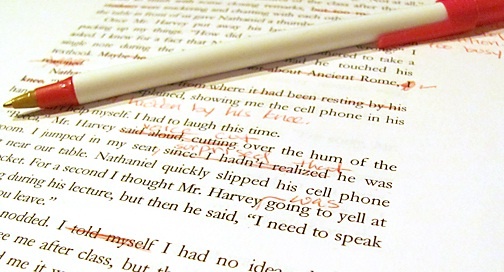In previous articles we have discussed how to talk with your child and how to contact their teachers in order to begin an open line of communication. Now that you have done that, what do you do with the information we receive?We all remember back when we were in school. What kind of student were you? Did you have the Trapper Keeper folder with the neon dividers for each class or did you have a locker full of folded papers that were transferred there from your pockets in between classes?
Which ever student you were, I am sure we can all agree what kind of student we want our child to be. The best way to get them there is to model it for them ourselves. We can do this with the information we have gotten from the last two articles in this series.
An academic notebook can be a simple undertaking or it can be a complex one. It all depends to what length you need to go for your student. Every child is different and so is how we treat them and how we look after them. There are, however, a few parts to the academic notebook that are basic necessities.
First and foremost is a list of contacts. Lay out all of the important information that you will need for your child and their school. This means everything. Obviously you need the teacher's names and contact information but do not stop there. What is the attendance office number, the assistant principal, any coaches or club leaders, even school counselors. Anyone that has a hand in your child's success.
The next part of the notebook should have a contact log. Make sure to note any conversations, in person, on the phone, or email with anyone from the school. Make sure to note the date, time, person's name, and a brief description of what you talked about. This will help when making continuous contact with school personnel, especially if special arrangements have been made for your child.
The last part we are going to talk about in this article is the calendar. A basic calendar of events is crucial. Special school events, tests, appointments, or an other upcoming events need to be noted. Also utilize this as a log. Record absences and tardies for your own record. This way you can stay on top of your child's success on a daily basis as well as being able to look back over a broader period of time.
This give you an idea of the first half of our academic notebook. In the next article I will show you how to plan out and record daily events such as study time and other daily activities of your child. To check out over at thesis writing service

